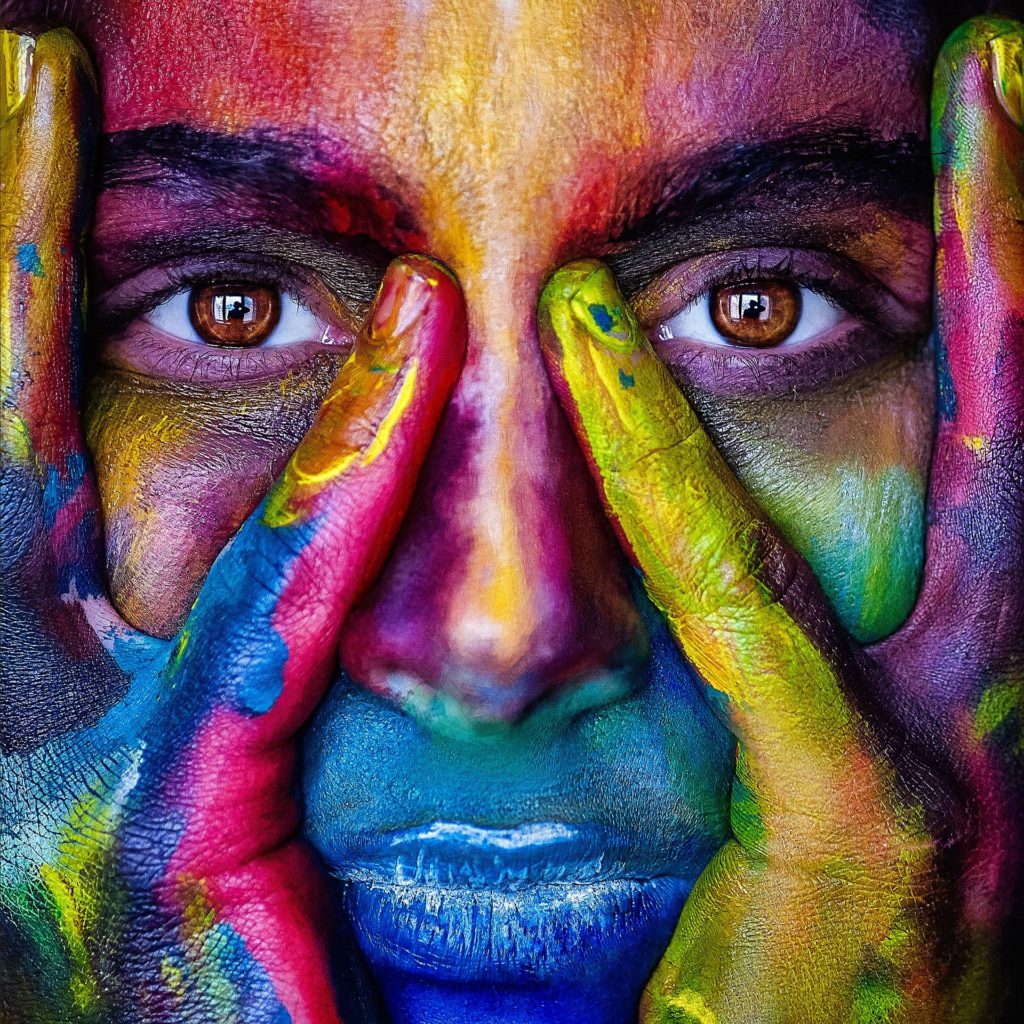
In today’s society, misconceptions about autism often lead to stigma and misunderstanding. By debunking these misconceptions, more inclusive and supportive environments can be created for individuals on the autism spectrum and their families. It’s time to challenge these stereotypes and work towards a society that embraces diversity and celebrates the unique strengths of every individual.
Mark Blakey, a writer for Autism Parenting Magazine, debunks six common stereotypes about people on the autism spectrum.
Stereotype #1: Autistic Individuals Lack Empathy
This common misconception fails to acknowledge the complex emotional experiences of people on the autism spectrum. While it’s true that some autistic individuals may struggle with understanding or expressing their emotions in traditional ways, this does not equate to a lack of empathy.
Mark says, ‘In fact, many autistic individuals experience empathy deeply and intensely, often displaying it in unique and authentic ways. By dispelling this stereotype and recognizing the diverse ways empathy is experienced and expressed, we can foster greater empathy and understanding for individuals on the autism spectrum.’
Stereotype #2: Autistic People All Have Severe Intellectual Disabilities
The idea that all autistic individuals possess severe intellectual disabilities is an oversimplification that disregards the spectrum’s true diversity. While some may face cognitive challenges, many autistic people exhibit average or above-average intelligence. It’s crucial to recognize that intelligence is not synonymous with autism, and each person on the spectrum has unique abilities.
Stereotype #3: People With Autism Are Aggressive
Mark explains, ‘Although some autistic individuals may experience difficulties with communication and sensory processing, leading to moments of distress or frustration, this does not cause inherent aggression. In reality, research indicates that autistic individuals are more likely to be vulnerable to aggression themselves rather than being aggressive toward others.’
Stereotype #4: Autistic Individuals Can’t Have Relationships
Research shows that while some autistic individuals may face challenges in social interaction and communication, many are fully capable of forming deep and meaningful relationships. These relationships can take various forms, including friendships, romantic partnerships, and familial bonds, and they play a vital role in the well-being and fulfilment of individuals on the autism spectrum.
Stereotype #5: Autism Is Caused By Bad Parenting
This faulty belief overlooks the overwhelming scientific consensus that autism is primarily influenced by genetic and neurological factors. Mark says, ‘By attributing autism to parenting, this stereotype unfairly stigmatises families and undermines the complex and multifaceted nature of autism spectrum disorders. It’s crucial to challenge this stereotype and promote accurate information about the true causes of autism.’
Stereotype #6: Autistic People Are Obsessive
This misconception oversimplifies the diverse characteristics within the autism spectrum. While some autistic individuals may exhibit intense interests or fixations, not all do, and it doesn’t define their entire identity. Autism is a complex neurodevelopmental condition with a wide range of traits and behaviours. While some individuals may have focused interests, others do not display this trait to the same extent.
Mark says, ‘Challenging stereotypes is not just about debunking myths; it’s about creating a more inclusive and empathetic society for individuals on the autism spectrum. By embracing diversity, you can create environments where autistic individuals are valued for their unique strengths and contributions, leading to a more equitable and inclusive world for all.’